“You walk along the edge of danger, and it will change you,” rumbles Woodkid. Vi and Jinx clash, illuminated in frantic neon as the lifeless, stony eyes of a long-forgotten Janna mural gaze down in silent disapproval. Simultaneously, Ekko, Heimerdinger, and Jayce have discovered The Anomaly and the extent of its corruption. Everything fades to white as Jayce reaches out a hand, and Caitlyn and Vi’s Hextech begins to malfunction. It’s the scene we’ve all been waiting for – the big battle, the climax of Season 2 Act 1. While, animation-wise, it’s brilliant, Woolkid’s dulcet tones really do bring the action to life. That’s the story of Arcane generally; its soundtrack isn’t just a soundtrack, it’s a heartbeat; a symphony of complex emotions. In the wake of Act 3, I ask producer Alex ‘Mako’ Seaver how it all came together, and how the team dealt with the pressure of soundtracking one of the greatest videogame adaptations put to screen.
Our conversation opens with a discussion about Arcane’s legacy and how, while it may disappoint some, the two-season model feels like the right decision. Mako tells me that he knew from “day one” that this was a “two-season story,” and while some have speculated otherwise, he tells me that “we had already been working on Season 2 before Season 1 even released; it was already cooking as a two-season arc. I admire and respect storytellers that are like ‘I don’t want to overstay my welcome, I just want to tell this exact story, and I’m sticking to it.’”
It’s a sentiment I wholeheartedly agree with. Having watched childhood favorites like The Vampire Diaries and Supernatural run themselves into the ground, splitting Arcane into two condensed parts feels like the right call. But, naturally, the pressure quadruples as a result: Arcane Season 1 was spectacular, so Season 2 somehow has to be even better, especially because it’s transcended the League of Legends audience. I ask Mako how that feels.
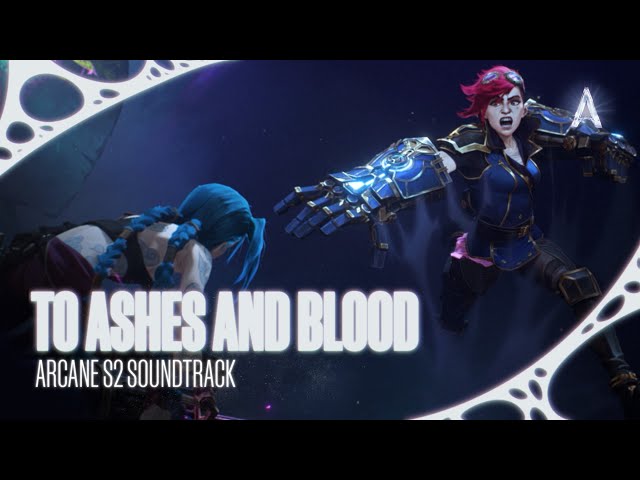
“Making a Season 2 is so different from making a Season 1,” he tells me. “When you show up with a Season 1 it’s kind of a gift for people because they didn’t know it existed; they didn’t know it was coming. Then, [from] the first minute of Season 2, the expectations are massive.
“The pressure is weird: I always compare it to playing Mario Kart,” he continues, eliciting a beat of bamboozled silence from this writer – I know it’s late, but did he just say Mario Kart? He laughs: “When you do a little time trial and you’re racing against the ghost of your own personal best time? That’s kind of what it feels like; you’re racing against yourself but you’re trying to keep up and beat what you did before.”
But, with Arcane, it’s not a case of outdoing itself. Instead, the focus is on reinvention – taking the characters and settings that we love so much and evolving them. “One of the things I love about working with Christian [Linke, co-creator and showrunner of Arcane] is that he doesn’t really care that much about trying to exceed things, he just wants to make something that’s dope and different. A lot of times what gets him excited is ‘okay, we did that thing that was pretty cool, what can we do that’s totally different than that?’”
And Arcane Season 2 does feel very, very different from its predecessor. In my Act 1 review I note that “where Season 1 is the perfect introduction to the world of League of Legends, Season 2 showcases the scale and dangers of Runeterra.” Everything just feels bigger: Piltover and Zaun are just two players in a wider, global narrative. To me, the season’s soundtrack reflects this. Where Season 1 was heavy and grungy, Season 2 sees everything from slow, lamenting ballads and rolling country to hardcore heavy metal and gritty punk rock electronica.
“[The soundtrack] is bigger because the story has kind of exploded. Season 1, to me, felt like a really deep inner character story, and they’re surrounded by these amazing landscapes in Piltover and Zaun, but it’s still [Jinx and Vi]. Season 2 starts to become global: it’s them; it’s Noxus coming into the picture; it’s all of these champions merging.”
He tells me that Linke and Fortiche approach him with “moods” instead of asking for specific genres, taking Hellfire as his example. “It’s this awful montage of Caitlyn going to the dark side and it’s got echoes of police brutality and of all kinds of just awfulness.”
But the soundtrack switches so easily from these heavier, darker moments to flickers of brightness with incredible fluidity, so I ask how he blends all of these different tones and feelings while maintaining cohesion. “It’s a very diverse soundtrack, and it’s one of the things I love about it, but it’s also one of our concerns – how do you go from a doom-death metal song to a ballad into a Shuriman chant piece? I don’t know if it is cohesive – we try really hard to make it that way – but we score these songs to picture, so we’re just marrying everything so deliberately to what you’re seeing. I think that’s what gives the Arcane soundtrack the special sauce; it’s not pre-written songs that just get edited or sync-licensed onto the picture.”
While the soundtrack is based entirely on the on-screen action, there are flickers of nostalgia for longtime League of Legends players. The ever-iconic Get Jinxed plays several times across both seasons and then there’s the orchestral version of Rise that I praised so highly in my Arcane Season 2 Act 2 review. The show perfectly blends nostalgia with modernity, so I ask Mako about how the team balances everything so well and avoids, to borrow his words, “goofy easter eggs.”
“These champions are probably aware of some of these song moments,” he says. “Jinx would program Get Jinxed! into Sevika’s arm because she’s such a motherfucker and she’s always pulling one over on her – that’s a narrative thing; Jinx made that decision, not the show’s music creators.”
There are myriad subtle references to Season 1’s soundtrack, too, with Mako pointing out that my favorite track of the bunch, Sucker, borrows language from the Season 1 soundtrack – specifically Dirty Little Animals by Bones UK. “I wrote Sucker, and I started using quotes from Season 1’s soundtrack – I started describing the people of Zaun as dirty little animals because we had a song set in Zaun in Season 1. It’s really a fun playground to be like ‘let’s draw from our own musical lore to paint across the world.” I reckon that paint would probably be blue.
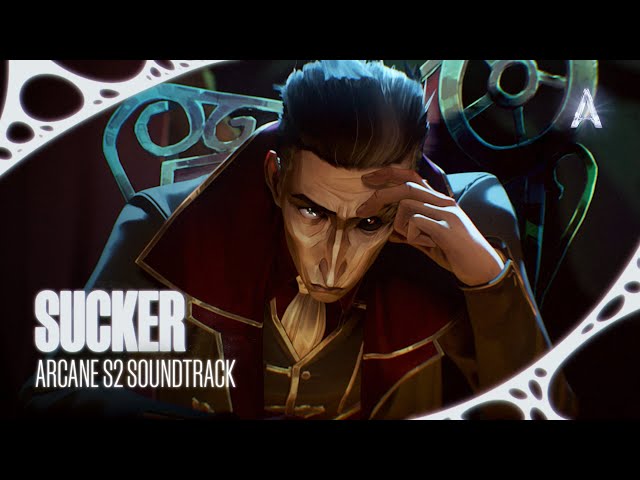
I’ve loved Riot Games’ music from the very first time I booted up League of Legends. I remember the animated wallpaper of Xayah and Rakan, their The Rebel and The Charmer theme playing in the background. While League of Legends as a game is, of course, Riot’s primary focus, the creative ecosystem that’s sprouted around it is truly something special. From K/DA and Pentakill to the Worlds anthem and season cinematic, Riot has created a musical universe that’s unlike any other videogame.
Arcane’s soundtrack is an absolute masterpiece; it’s become my nighttime drive music and my workplace companion. Most of all, however, it helped me through a pretty rough time, and as a result it’ll never stop being special. So when Woodkid asks “Why would you let this voice set in your head?” honestly, I can’t help it. It’s all just so damn catchy.
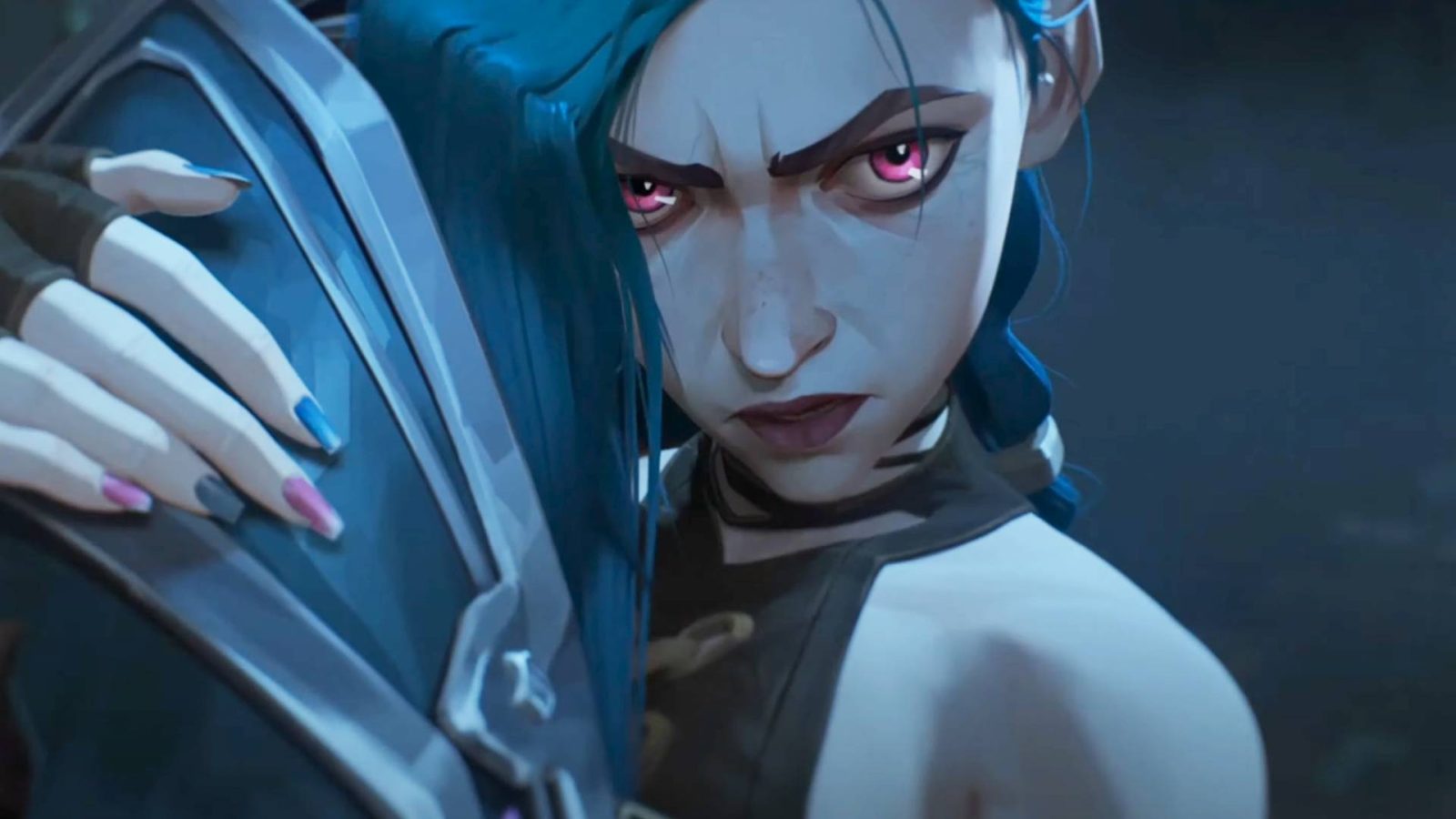
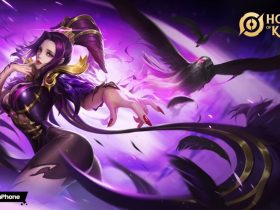
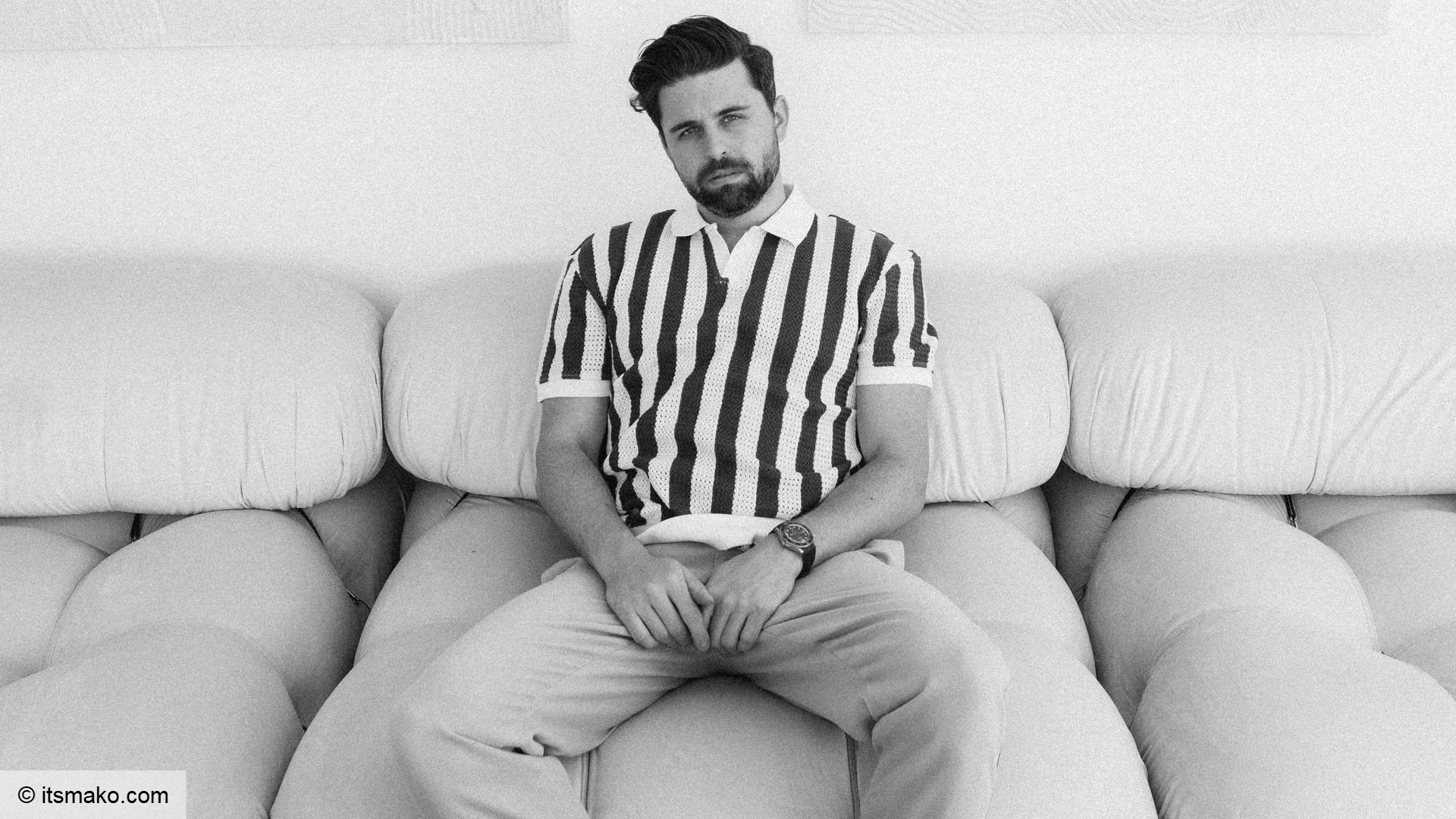
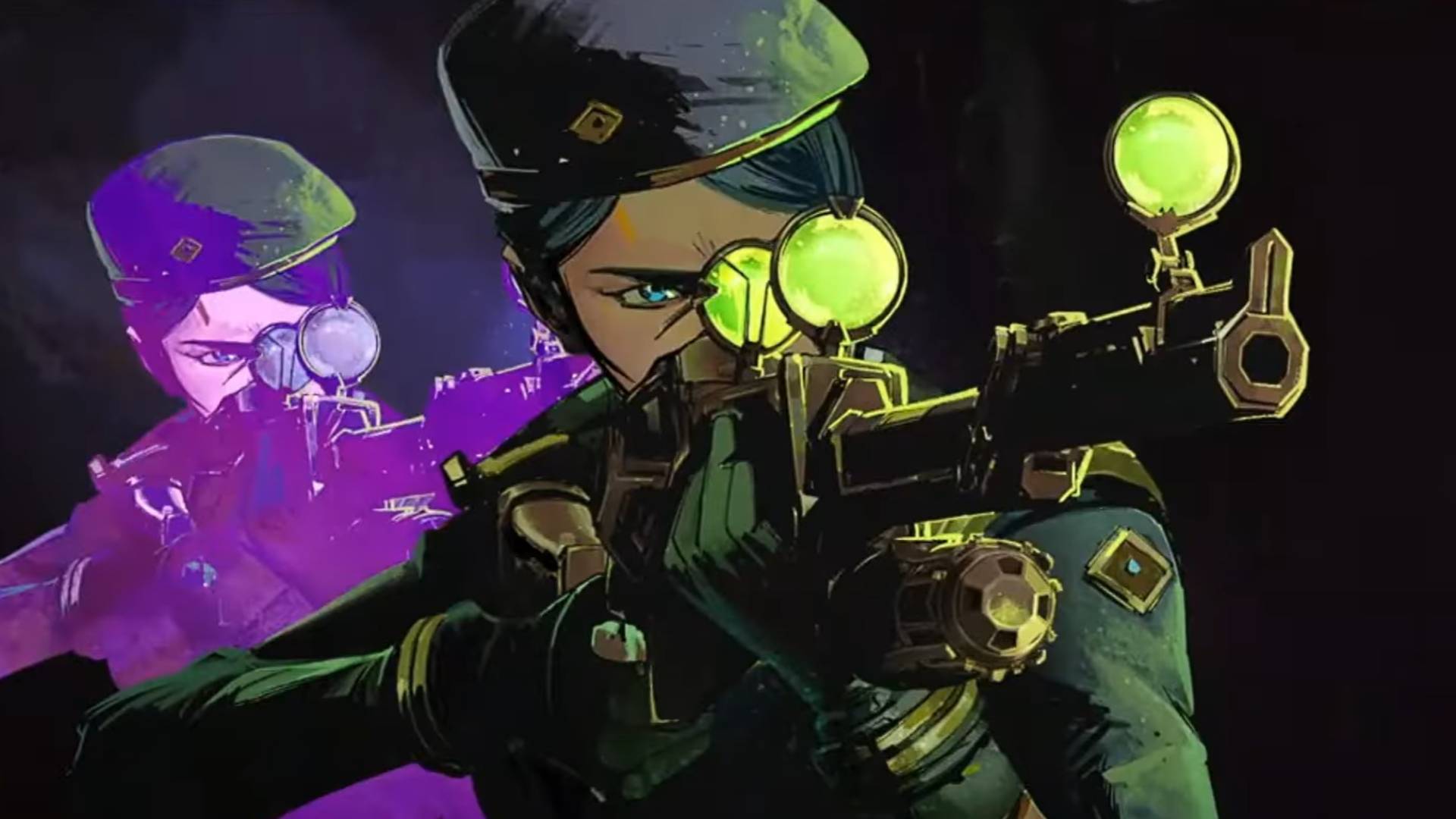
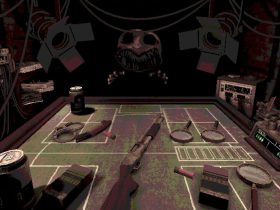

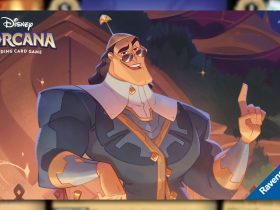
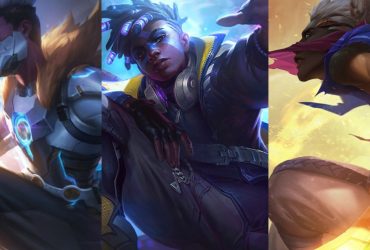

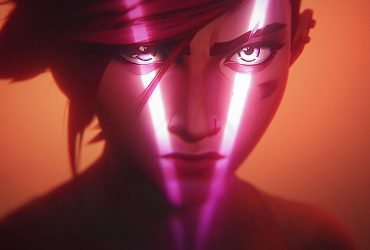
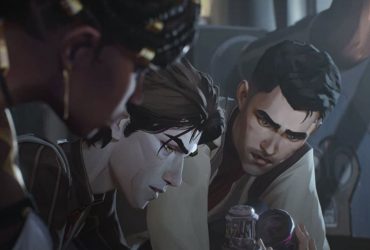
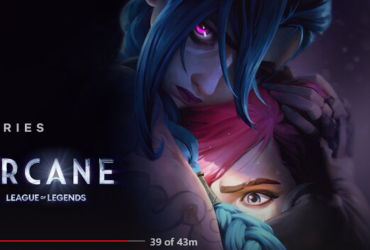
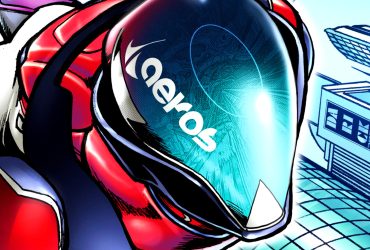
Leave a Reply